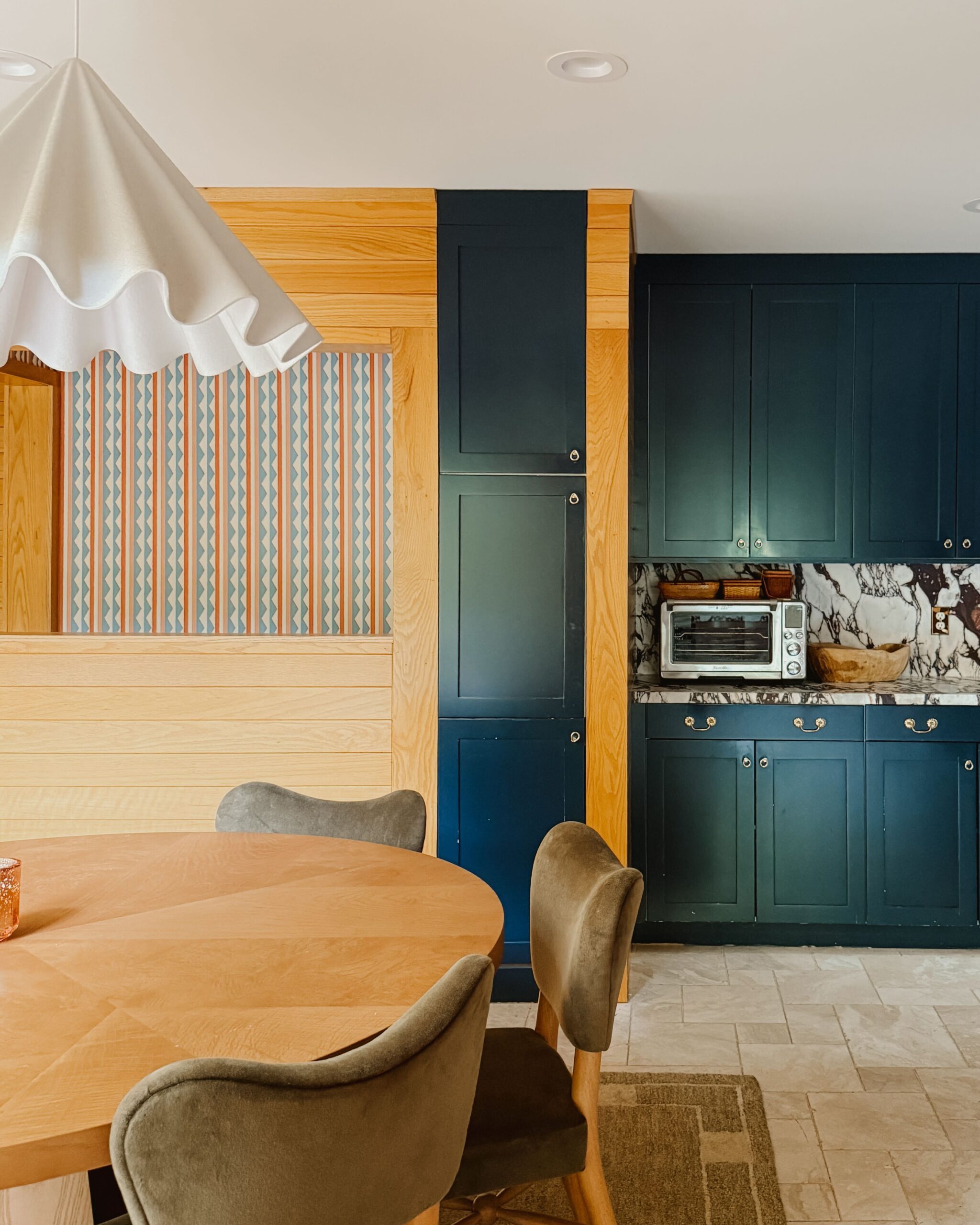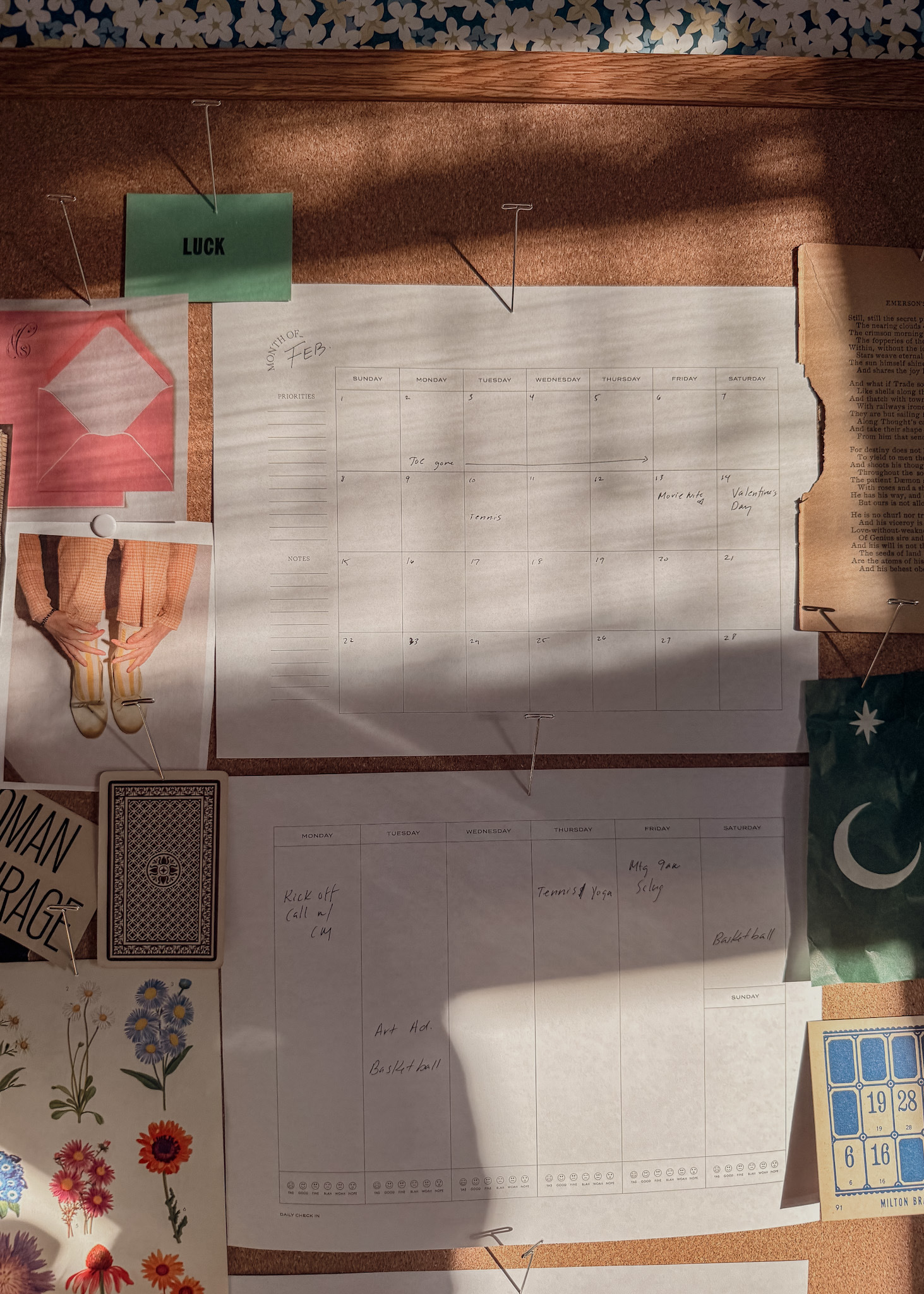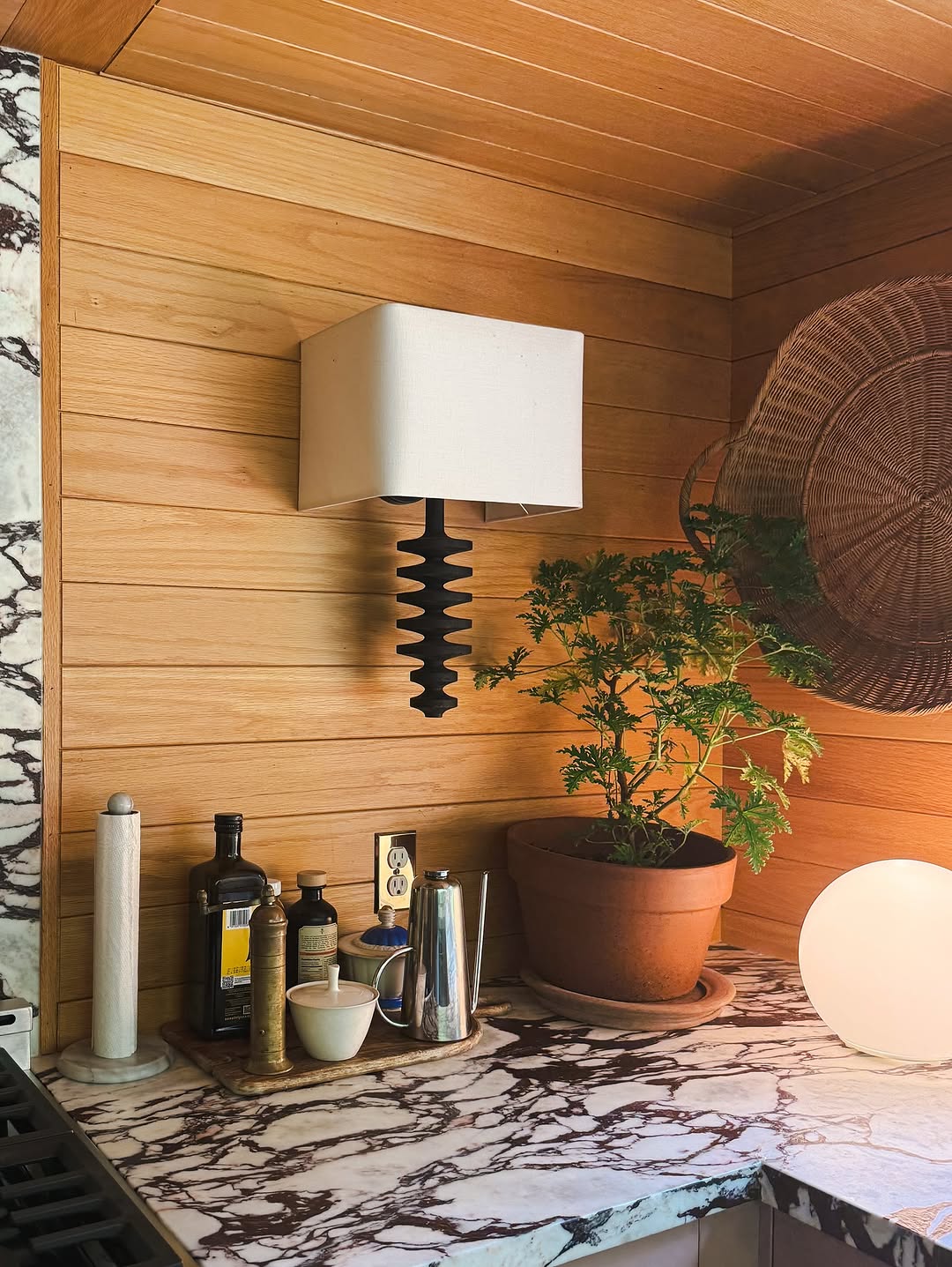

When walking into a therapist’s office for the first time, you’ve made the honorable decision to give someone else the story of your life, let them examine it and apply reason. You’ve let your guard down and your ego soften for an hour or so, and you are strong for doing it, even if you don’t say everything at once or much at all. The agency of an individual opening themselves up to a professional is, for the most part, seen as a victory for one’s mental health.
But how do you encourage not only yourself to cross that bridge, but your partner as well?
I touched on this subject this past February when talking about longterm relationships. The importance of being on the same page when it comes to mental health is a big component of a relationship’s longevity. However, it isn’t as simple as “Hey! let’s go to therapy together”. It could be accusatory, threatening or embarrassing. Offering up your ego and theirs can be scary for a myriad of reasons.
Anytime I had encountered marriage counseling growing up was on daytime talk shows. It was usually a punchline for a joke, or it at least felt like one. Gender roles were grossly pronounced; a sad sack husband and his overbearing wife; or a philandering man and a woman with self-esteem so low, she couldn’t bear to end it and move on. A lot of blame, a lot of snickering, all of it playing out in front of a live studio audience. There’s a distinct level of schadenfreude the public feeds from when a relationship goes sour. We love a good story about the mistakes made by those who claimed they had it all – if we didn’t, reality shows wouldn’t exist. The problem with all of this is, we end up losing out on how beneficial therapy with our significant others truly can be.
In the early years of my relationship, therapy was the least of my concerns. I had tried therapy in college, without knowing how to find the right professional for me. It would take years before I could say how I really felt to a stranger. The emotional milestones yet to be crossed hadn’t yet become apparent, and I had much more growing up to do. Bringing along my then boyfriend/fiancé was not part of what I had in mind. With the years, adulting started to become a constant in our relationship. Before marriage, we made very few decisions together besides where to eat and what to Netflix. But soon enough, we were deciding between paint swatches, neighborhoods to live in, and that elephant in the room who only answered to the name “Children”. As decisions grew, so did our stresses, and before we knew it, a domestic relationship had occurred where sitting up all night talking about the “what ifs” used to be. Those “ifs” had come alive, asking us minute by minute what we wanted out of them.
Life happened.
So what do you do with that life? You love it, you care for it…and when you can, you get an opinion on how to keep it moving in a healthy manner. You don’t have to have a negative reason to go to therapy with your partner. It’s not always a situation as salacious as what we see on our screens. Like any connection, relationships need care to grow. The assumption that you don’t have to work in a marriage after the wedding is one of the greatest lies of modern monogamy. Of course, it takes labor to see the beauty.
If I go to therapy at 20, there’s a good chance that I will go back at 30. The reason being, because life experience will dictate what I will need to cope with in the next chapter of my life. Marriage counseling is no different. I’m sure if my partner and I went to therapy at 21 it would’ve looked a lot different (probably less drunk fights in the kitchen of some house party), but it’s also ok that we never went because we weren’t ready. I wasn’t ready. He wasn’t ready.
When you decide it would be best for you and your partner to seek a professional, it’s time to have a conversation. Regardless of the timing. When you believe it, you’re probably ready. Ask your partner to have an open conversation with you. Let them know how much you care about them and the partnership thus far. Don’t let it come out in a fit of anger. Many people wait until the breaking point and throw the idea like an insult. The ego comes out, and the intention to grow is no longer there. We’ve made those mistakes and it delayed our process by years. Don’t let that happen. Be considerate of your person. Be mindful that it could either be a hard pill to swallow or just what they needed to hear. Be accepting and be patient.
Some kinds of betrayals and words you can ’t take back. But you can talk through them with a nonjudgmental person. Now, at 31, therapy helps organize our emotions about ourselves, each other and the union we’ve created. It helps us to break the cycles generations before us created for a different time. Give yourselves a chance to unlearn the unhealthy aspects of relationship culture. Know that when you both walked into that door for the first time, you’ve already made a huge victory together.




Vanessa McDuffie is a writer, educator, and influencer living in Minneapolis. She lives her life like a cat; on the couch, near a window away from the elements. You can find her on IG.
BY Vanessa McDuffie - March 31, 2019
Most-read posts:
Did you know W&D now has a resource library of Printable Art, Templates, Freebies, and more?
take me there
Get Our Best W&D Resources
for designing a life well-lived




Thank you for being here. For being open to enjoying life’s simple pleasures and looking inward to understand yourself, your neighbors, and your fellow humans! I’m looking forward to chatting with you.
Hi, I'm Kate. Welcome to my happy place.


















Thank you for this post.